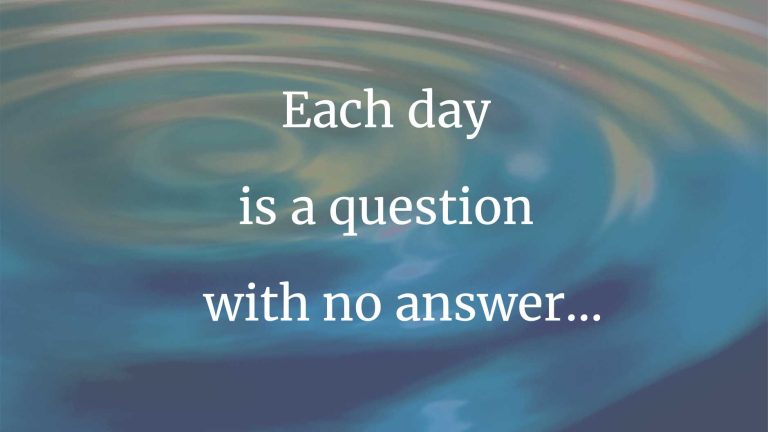
Dialyzing in a War Zone
I was born and raised in the city of Hebron in the West Bank, the part of historic Palestine that is governed by the Palestinian Authority. I recently graduated from Hebron University School of Medicine, established in 2019. Here is a brief description of what it’s been like to study medicine here over the past six years.
To many, the existence of a medical school in Hebron comes as a surprise. Yet, under the shadow of military occupation and adversity, our education continues—demanding, unyielding and intimately tied to the realities that shape our lives.



